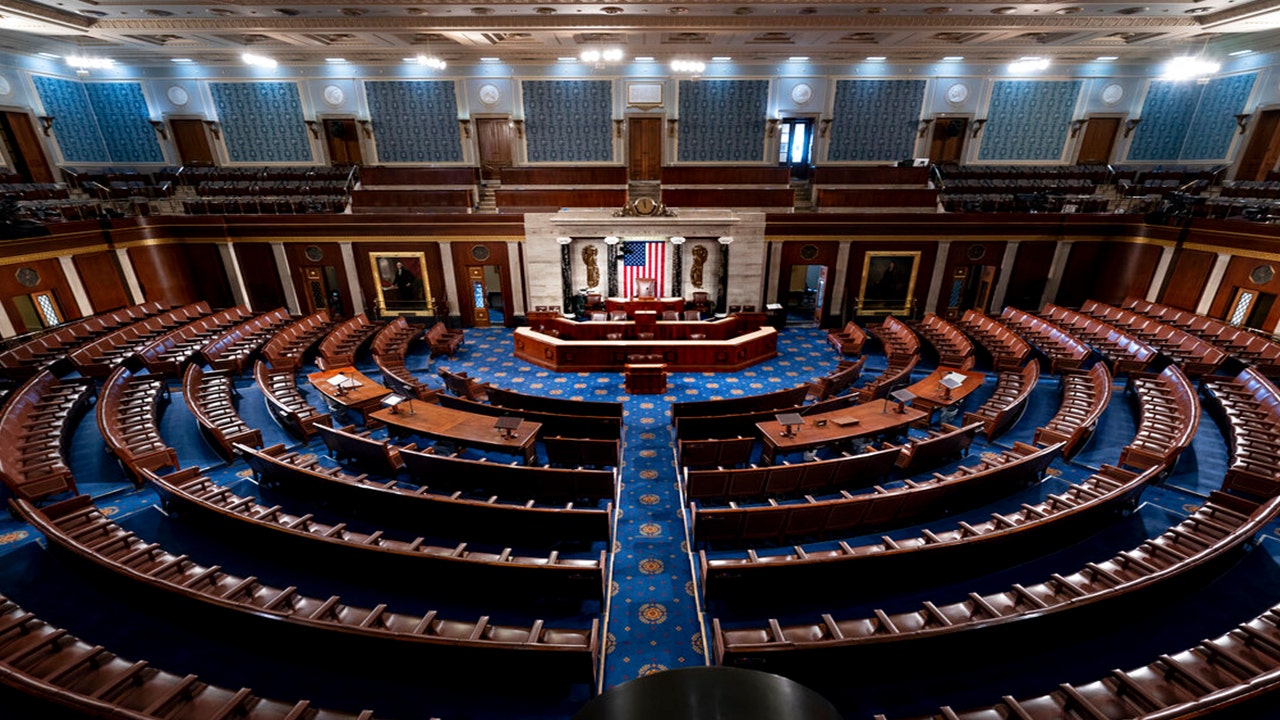27, August 2023 – The chances of a government shutdown on October 1 are high.
In fact, the possibilities of a shutdown may be even greater now than they were for the 35-day government shutdown from mid-December, 2018 until late January, 2019.
That is not to say the government will shutter. There are just a number of factors which are working against keeping the government open this time around. In fact, few saw the government shutdown of several years ago coming. It was generally thought that the House and Senate reached a spending accord just before Christmas in 2018 – until former President Trump torched the package. That came after the president signaled he would sign the deal. The Senate passed a bill which it presumed the House would adopt. But then the House altered the package over border and immigration provisions. Former House Speaker Paul Ryan, R-Wisc., punted the measure back to the Senate and the shutdown was on.
This year, the problems are more complex.
First of all, there isn’t much time. The House has approved one of the annual spending bills which fund the government: The Senate: zero. That means the only way to keep the government open is to approve a short-term bill (known as a Continuing Resolution or ‘CR’) which funds the government at present levels for a short period of time.
The House and Senate could likely approve a CR with the proper mixture of Democrats and some Republicans. But House Speaker Kevin McCarthy, R-Calif., must be mindful of advancing any measure with significant Democratic support. The Speaker faced backlash from conservatives after cutting a deal with President Biden in the spring to avoid a collision with the debt ceiling. Conservatives didn’t think the spending levels agreed to in the debt ceiling pact showed significant fiscal savings. So they demanded lower spending numbers for the 12 annual appropriations bills heading into the fall.
Want to know why the House has only approved one bill? Infighting among Republicans. Remember that the GOP is in the majority in the House. Some Republicans approve of the steep cuts for the appropriations bills. Other GOPers can’t abide the cuts. Democrats won’t sign on because the cuts are really something they’d never agree with. So, there’s an impasse.
But remember: a coalition of Democrats and Republicans could approve a CR. The question is whether McCarthy is willing to do that and what backlash he faces from conservatives and the Freedom Caucus. Recall what I said a moment ago about a CR simply renewing federal spending for all programs at last year’s levels? Well even that is something which many conservatives can’t go for. That’s because the spending from last year is too high for the right. Conservatives may only agree to a package which cuts spending. A CR, by definition, does not.
So here we are.
Here’s another set of issues.
Republicans loyal to former President Trump are incensed at the spate of indictments over the past five months. Some Republicans want to restrict or withhold funding for the Justice Department because of these inquests. In particular, some Republicans aim to cut money to Special Counsel Jack Smith who is prosecuting the former president. That’s to say nothing of a new front which emerged over the past month: GOP questions about Delaware U.S. Attorney and now Special Counsel David Weiss. Weiss negotiated the initial plea deal for Hunter Biden. A federal judge later torpedoed that agreement. Attorney General Merrick Garland then appointed Weiss as Special Counsel. Republicans have plenty of questions about the entire exercise.
The circumstances surrounding Weiss, Hunter Biden, Garland and funding for the Justice Department are likely to be a donnybrook when it comes to funding measures this fall. This dynamic alone could trigger a government shutdown.
Another longstanding grievance for the GOP: the border and funding for the Department of Homeland Security.
Many Republicans are skeptical of how Homeland Security Secretary Alejandro Mayorkas handled the border. Again, GOP issues about the border and funding for DHS may have been enough to prompt a government shutdown before the rhubarbs about former President Trump. The border issue faded slightly into the background for now – only because it can’t maintain the political pace of the Trump indictments and Hunter Biden. But funding for DHS remains a prominent subject.
If lawmakers did everything by the book, they’d approve 12 spending bills to operate the federal government each fiscal year. But it’s common for Congress to also okay additional spending measures. These are ‘supplemental’ spending packages, often crafted for wars, the pandemic, 9/11 or natural disasters.
President Biden is pushing Congress to okay a supplemental spending package to assist Ukraine in its battle against Russia. Congress is torn over the issue – especially Republicans. Some Republicans like Senate Minority Leader Mitch McConnell, R-Ky., are vocal advocates for Ukraine. But there is vitriolic opposition to boosting Ukraine from right-wing members like Rep. Marjorie Taylor Greene, R-Ga.
Then there is the call for disaster aid – especially after the hellscape which descended on Maui. Some fiscal conservatives oppose latching disaster aid to other spending packages. That’s because it makes the extra money easier to pass. But critics of the congressional spending process refer to this as logrolling. Unpopular items – be it money for the war or something else – are hard to defeat because it’s taped to the rest of the spending package. Hence, logrolling.
Sen. Marco Rubio, R-Fla., has advocated detaching the war money from the disaster assistance.
But here’s the problem: there are only so many spending bills leaving the congressional train station. So lawmakers must hook war aid and/or disaster aid to something. Congress is reduced in recent years to approving a CR or two, perhaps an omnibus or a few other spending packages where the they lump several bills together. This means there are only so many opportunities to approve disaster or war aid.
It’s unclear how Congress will manage these issues. Proponents of Ukraine aid and the Hawaii delegation will howl if Congress fails to deliver assistance in some form. Those who oppose helping Ukraine, or are enraged at the federal prosecution of former President Trump and wary about how DHS handles the border will be vocal if there aren’t reductions in spending for those areas as well.
As written earlier, the obvious way to avert a government shutdown is to find the right blend of Democrats and Republicans to pass a bill. But that could create internal political headaches for McCarthy.
And that’s why many congressional observers believe the chances high for a government shutdown later this fall.






















